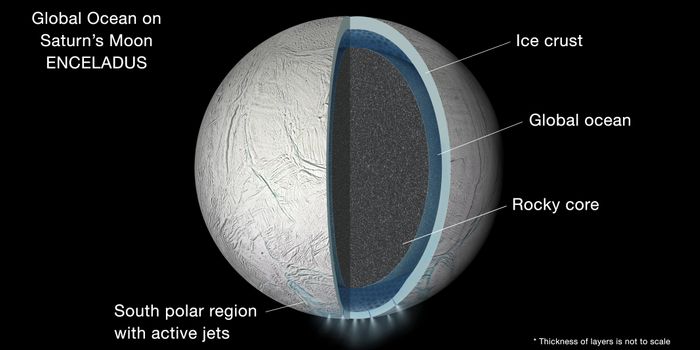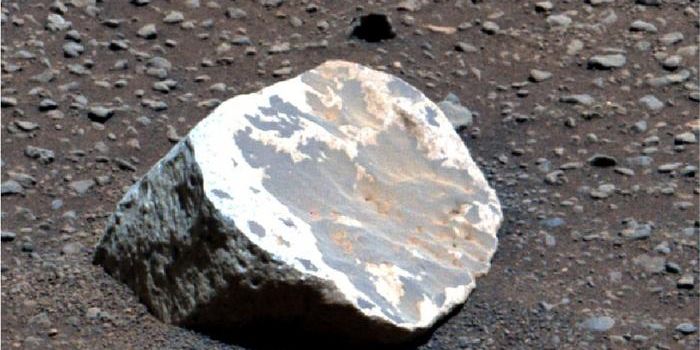Part of a Chinese Rocket is Expected to Fall to Earth Soon
In the next few days, part of a rocket that put a massive section of China's new space station into orbit will fall back to Earth in an uncontrolled descent. There's still a lot of uncertainty about where the debris might land. The Earth's surface is 71 percent water, so it's likelier to land there, but the debris could still fall out of its current orbit onto land, or even a populated place. It's passing over areas as far north as New York and Madrid and south to New Zealand and southern Chile; it could re-enter the atmosphere anywhere in that area.
The rocket, called Long March 5B blasted off on April 29th from Wenchang in the Hainan province of China. After putting the unmanned “Heavenly Harmony” core module into low Earth orbit, Long March 5B itself went into temporary orbit. As of Tuesday, it was about 300 kilometers above the planet's surface, and at a speed of about 27,600 kilometers per hour, it's taking about 90 minutes to orbit the planet. You can follow its path here (the US military dubbed the object 2021-035B).
It's been tumbling out of control, and has lost 80 kilometers of altitude in the past few days.
“It’s potentially not good,” Jonathan McDowell, an astrophysicist at the Astrophysics Center at Harvard University, told The Guardian. “Last time they launched a Long March 5B rocket they ended up with big long rods of metal flying through the sky and damaging several buildings in the Ivory Coast. Most of it burned up, but there were these enormous pieces of metal that hit the ground. We are very lucky no one was hurt.”
McDowell noted that the most likely outcome for the debris is that it will crash into the ocean. However, pieces of the rocket could be the “equivalent of a small plane crash scattered over 100 miles."
Larger objects have also fallen to Earth, like NASA's 76-ton Skylab space station, which returned to the planet 42 years ago. Ground controllers had some control and steered the space station near a planned reentry point over the Indian Ocean, but there was a much larger debris field than expected. Nothing over ten tons have deliberately been allowed to re-enter the atmosphere uncontrolled since 1990. Long March 5B's core stage is estimated to be 21 tons. A heavier object, the 43 ton Salyut-7 Soviet space station fell from orbit over Argentina in 1991, which was the last time something heavier fell.
“What’s bad is that it’s really negligent on China’s part. Things more than ten tons, we don’t let them fall out of the sky uncontrolled deliberately,” McDowell said.
Once we know which day it will return to Earth, McDowell said that experts could predict what time it will land within six hours.
Sources: The Guardian, Space News









